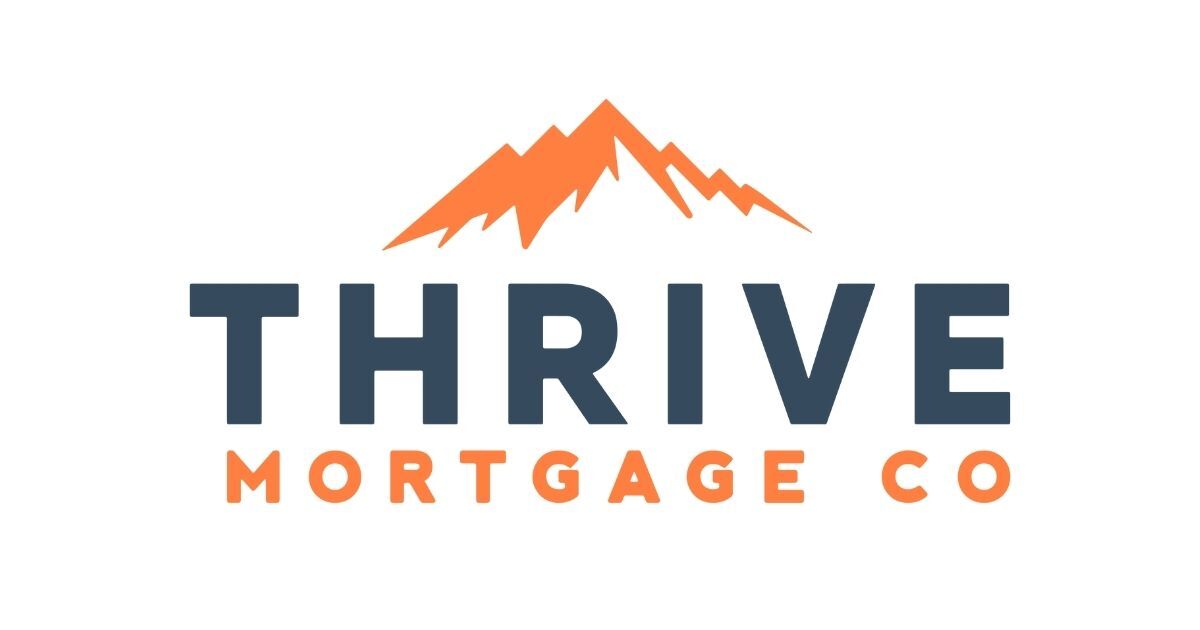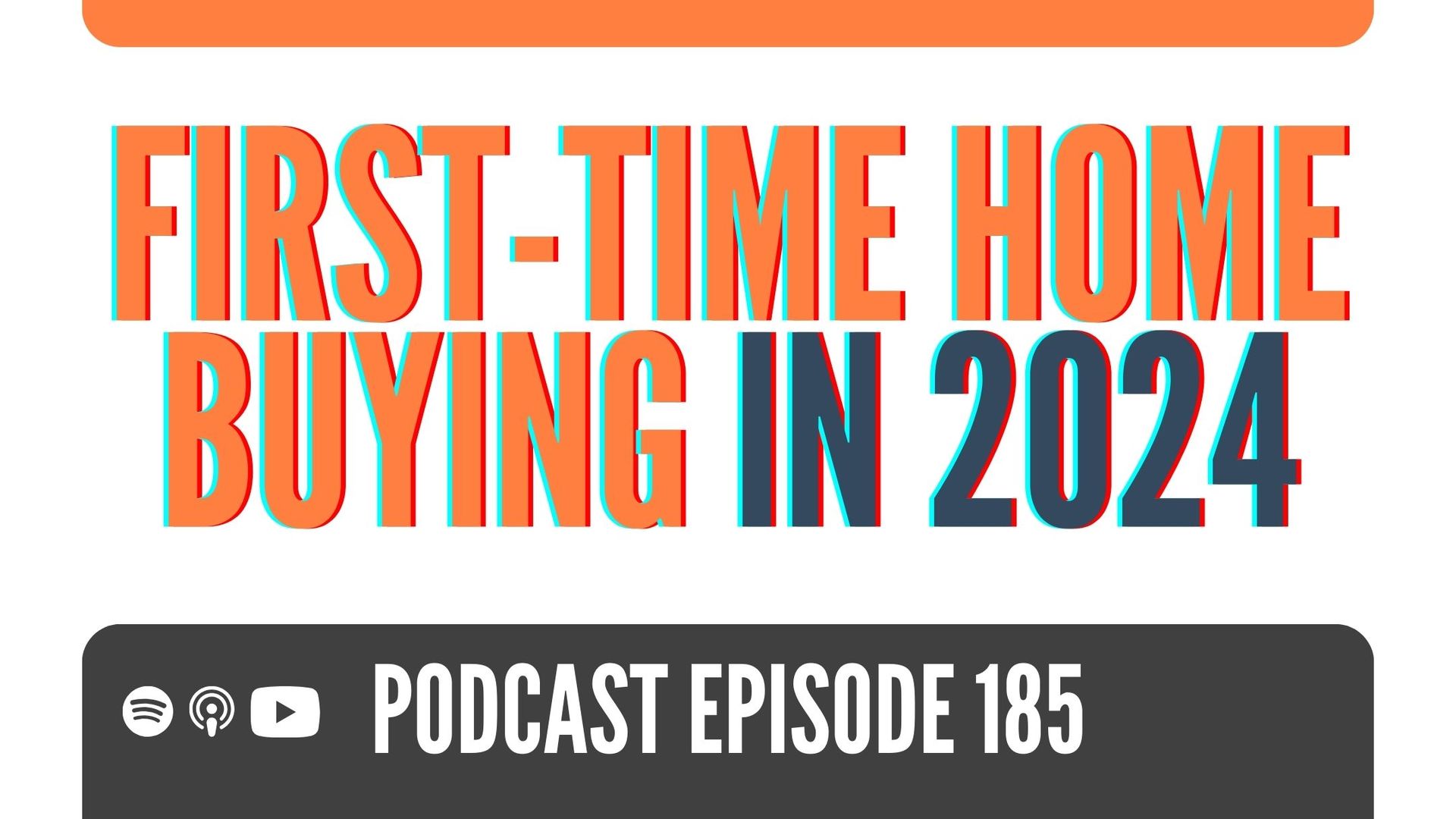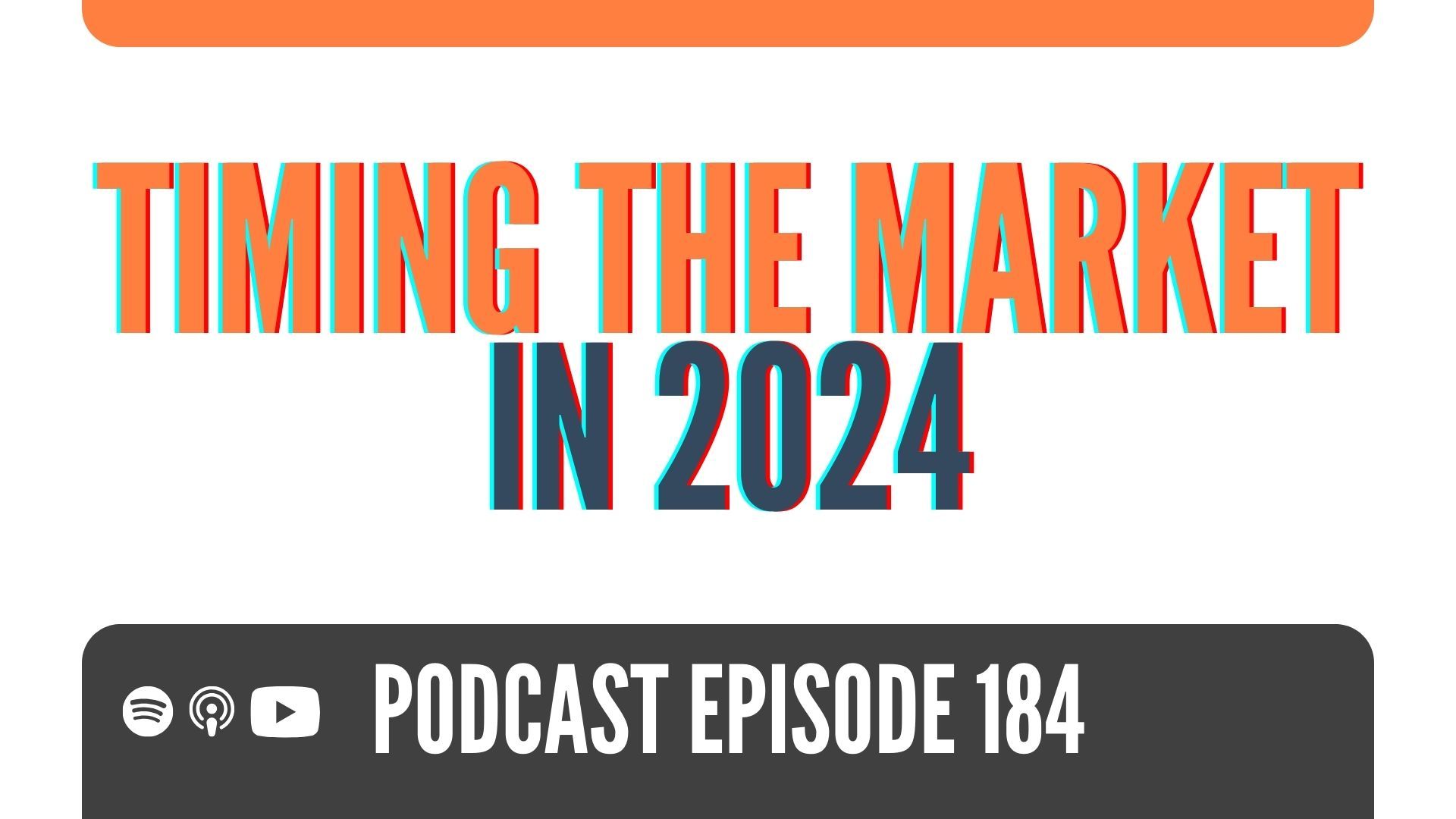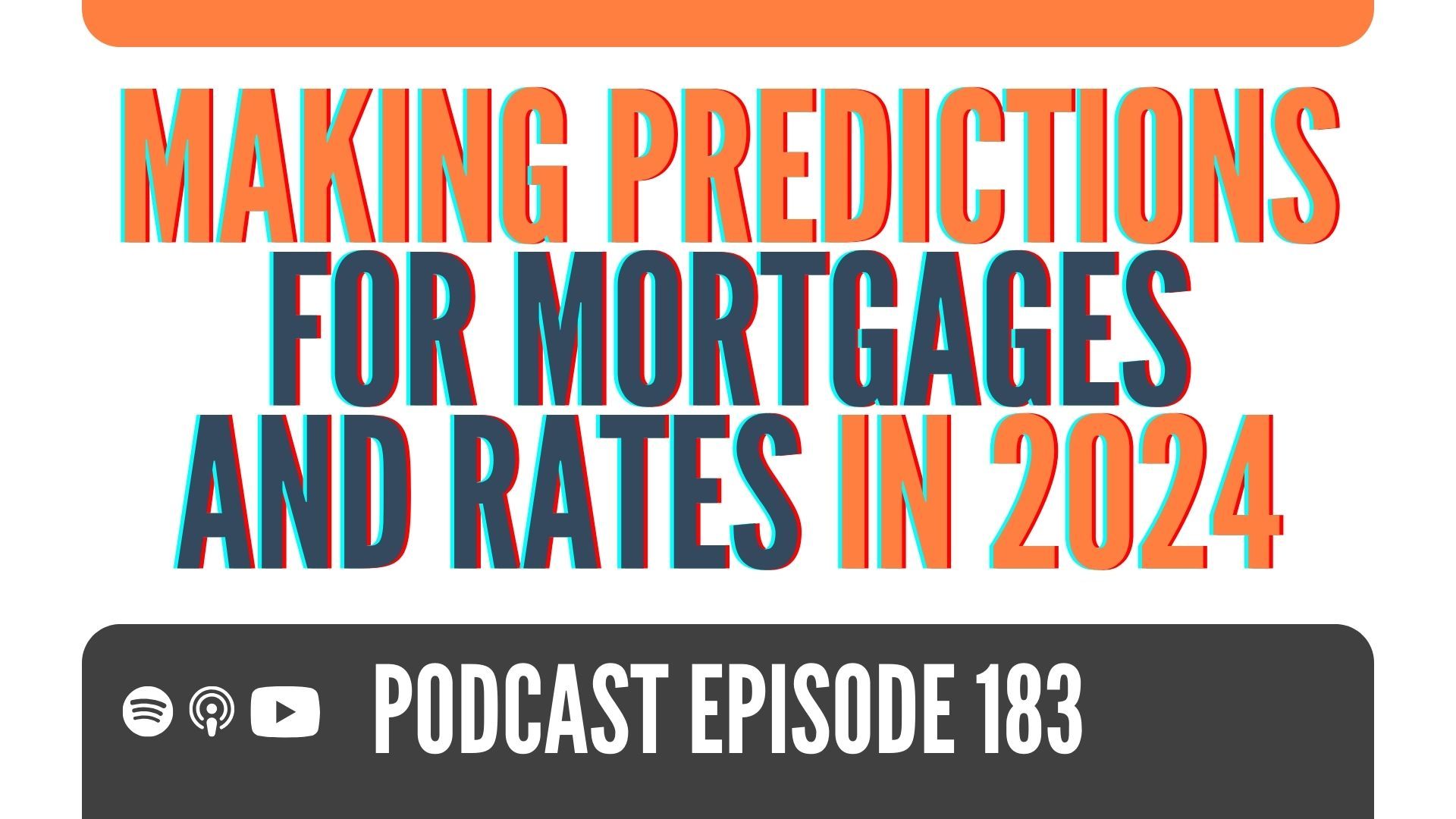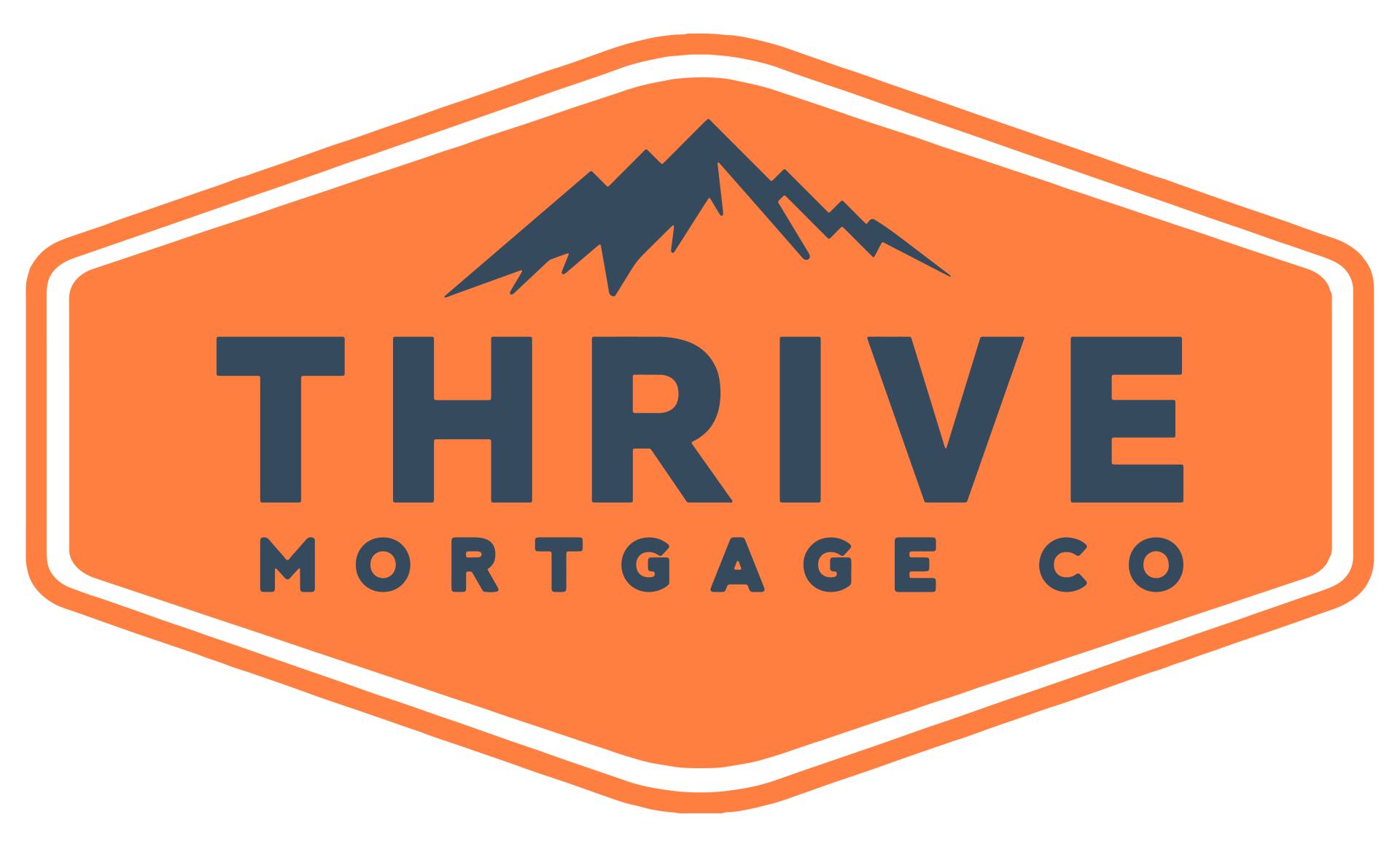Maximize Tax Benefits: Self-Employed Borrower Mortgage Qualification
Maximizing Tax Benefits for Self-Employed Borrowers
Qualifying for a mortgage as a self-employed individual can be challenging due to the way income is assessed based on tax returns. Understanding the impact of tax planning on mortgage qualification is crucial for self-employed borrowers.
Importance of Accurate Reporting
Self-employed borrowers are evaluated based on tax returns from the last two years, highlighting the significance of accurate reporting. Banks use this information to determine income for mortgage qualification, emphasizing the need for meticulous record-keeping and reporting.
Net Income vs. Gross Earnings
Banks focus on net income rather than gross earnings when assessing self-employed borrowers for a mortgage. Borrowers must understand that net income holds the most weight in the qualification process, regardless of gross earnings.
Impact of Incorporating
Incorporating can provide tax benefits for self-employed individuals, but it can also pose challenges in qualifying based on net income. It's crucial to carefully evaluate the trade-offs and consider the impact of incorporation on mortgage qualification.
Considerations for Alternative Lending
Alternative lending offers programs with less stringent income requirements, but it's important to weigh the costs and benefits. While alternative lending can provide flexibility, it may come with higher rates. Careful consideration is necessary to determine if the tax benefits outweigh the potential drawbacks.
Strategic Tax Planning
Strategic tax planning can have a significant impact on mortgage qualification for self-employed borrowers. Declaring a lower personal income can result in substantial tax savings, but it's important to assess how this decision may influence mortgage approval and long-term financial planning.
Timing of Tax Returns
The timing of tax returns is pivotal for self-employed borrowers. Engaging with an accountant early and considering filing taxes as soon as possible can help mitigate potential challenges. Understanding the timing implications of tax planning is crucial for a smooth mortgage qualification process.
Incorporation for Tax Efficiency
Incorporating a business can help reduce the tax burden on excess funds for self-employed individuals. Considering incorporation based on future plans and income growth is essential for maximizing tax benefits while also ensuring a favorable mortgage approval.
Navigating the intersection of tax planning and mortgage qualification as a self-employed borrower requires careful consideration and strategic decision-making. Incorporating the right tax strategies can lead to substantial savings and favourable mortgage terms. Engaging with professionals and staying proactive in tax planning is key to achieving financial goals.
More Questions or READY to get started!? 📲
Call 604.398.5575 or Email us!



